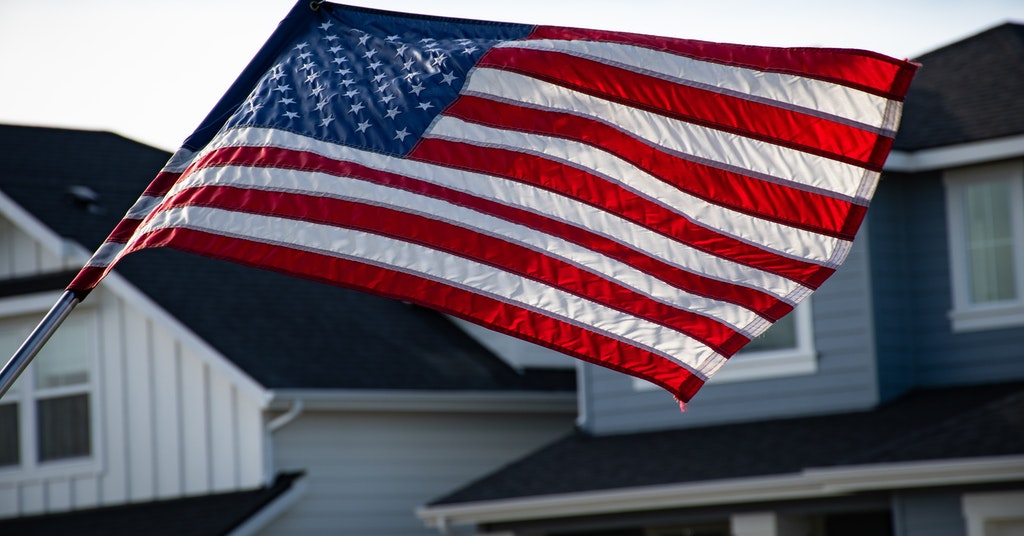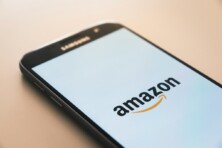
Julia Beyers
Freelance journalist
There’s no doubt that no one expected such a severe global pandemic as COVID-19 to come our way. Many have faced a problem of financial survival. Especially it’s true for employees who were left without their jobs due to the lockdown and closure of businesses. Same thing goes for small and medium business owners. Most of them were left struggling for survival. Thankfully, the Federal Revival program and the assistance for the unemployed did provide some significant help to people in need.
However, the statistics made by various researchers show daunting figures. The survey conducted by Stanford University shows that the number of active small businesses in the US decreased by 2.2 million, that’s 15% since February 2020. The immigrant businesses suffered even bigger losses of 25%. The numbers started to rise slowly after the first government assistance was given. The survey showed a slight recovery as soon as April 2020 – of 7$ up in the business activity.
Let’s explore how the pandemic affected the small businesses in the US after a year of living in the new conditions and whether the scientists and business owners see a silver lining in all this situation.

COVID-19 influence on small businesses in the USA. Source: pexels.com
Closing and opening
According to Yale school of management, 78% of small businesses in the US were impacted negatively by the pandemic. Most of the surveyed businesses replied that they only had savings cash to survive roughly 2 weeks after the closure. Others replied that they had enough funds to survive a maximum of 2 months with no operation at all.
The Paycheck Protection Program (PPP), which offered a $2.3 trillion economic relief package, started in March 2020, after receiving Congress’ approval. This aid helped some businesses to sustain their operation and to switch to different kinds of services which appeared to be more appropriate for the new pandemic times. Mostly, that was about switching to online rather than offline services and serving physical products like food in a to-go format. Yet, the program was closed in August 2020. Further on, nearly 27% of the firms surveyed replied that they would apply for another wave of financial support like PPP if such reopens again in the near future.
The latest research shows that most small businesses in the US think that the worst consequences of the pandemic are yet to come. Half of them said that they might close their operation within a year or so if the business environment doesn’t improve. And with another wave of coronavirus hitting the population with yet another strain, the situation is unlikely to become much more positive over the coming months.
Meanwhile, a substantial number of businesses also fears that their capital’s worth in cash will decrease due to the inflation of the US dollar. The government had to print more dollars to support the financial stimulus so most of the surveyed firms are afraid that this fact will negatively impact their businesses as well. Some of them had followed the example of big corporations like Tesla and Microstrategy and started securing their funds in cryptocurrencies with the help of online crypto exchange platforms.
In 2017 alone small businesses employed nearly half of the total American employees, that’s more than 60 million people. Out of roughly 32 million small businesses, nearly 80% were closed for some period of time during the COVID-19 pandemic. However, researchers also found the silver lining here. Most of them were sooner or later reopened, including the most high-risk businesses like restaurants and shops. It is likely that all of them have learned how to provide services remotely according to new circumstances. Experts say that less than 10% of businesses that were expected to shut down entirely, really did so.
Social impact
Apart from figures and numbers, the impact of the COVID-19 pandemic on small businesses stretches further. There is also a psychological and sociological aspect to it. Scientists from Purdue and North Carolina universities have been studying local communities in the US.
They found that small businesses build those communities and glue them together. These businesses keep the circulation of the money going within them which helps these communities thrive.
After a long time in lockdown, researchers found that the rates of obesity, crime, and mental illnesses have been increasing while the local businesses were suspending their operation. People started buying unhealthy food and didn’t care about going out and buying some fruits and vegetables (because no one was selling them anymore). Also, the lack of live conversations and gatherings between neighbors, community members, and families created a negative impact on the social situation. While locked in their homes, most people felt increased stress and uncertainty, especially those who had to go through the difficulties of the COVID-19 disease. Social isolation led to the fact that business owners and unemployed people were feeling desperate thus increasing the mental issues level within the local societies.
Hopefully, vulnerable small businesses will gradually find a way to adapt to the “new normal” of the COVID-19 reality. In fact, research by the nonprofit organization Main Street America shows that in December 2020 some communities, especially in rural areas, reported an increase in net profits. Researchers see that the recovery from the severe lockdown will look not like a V-shape economy but rather like a K-shaped economy. Due to the latter, the institutions that have been doing relatively well will do even better and those who suffered losses will continue to decline. Perhaps, the large portion of success depends on the ability to implement innovations in our new socially distancing times.
SEE ALSO:









